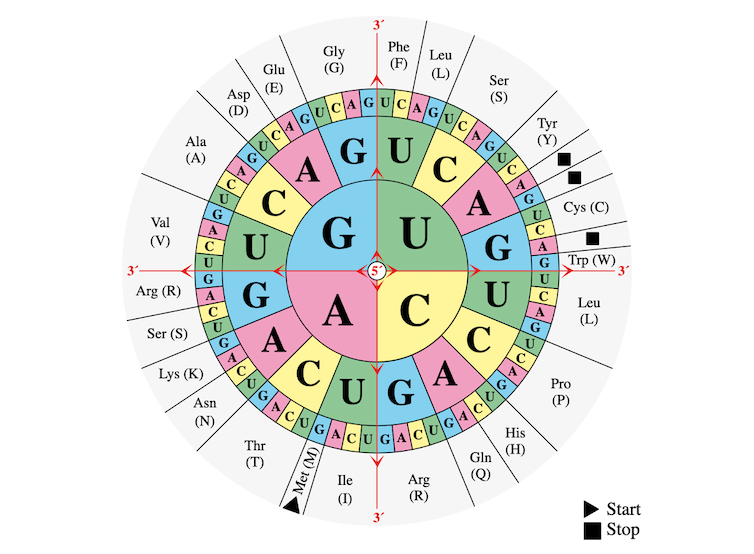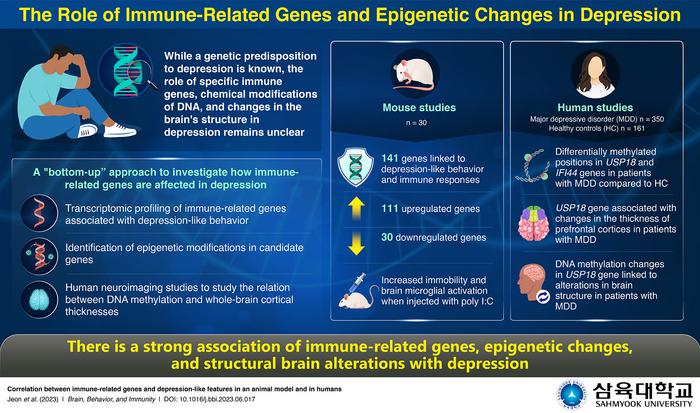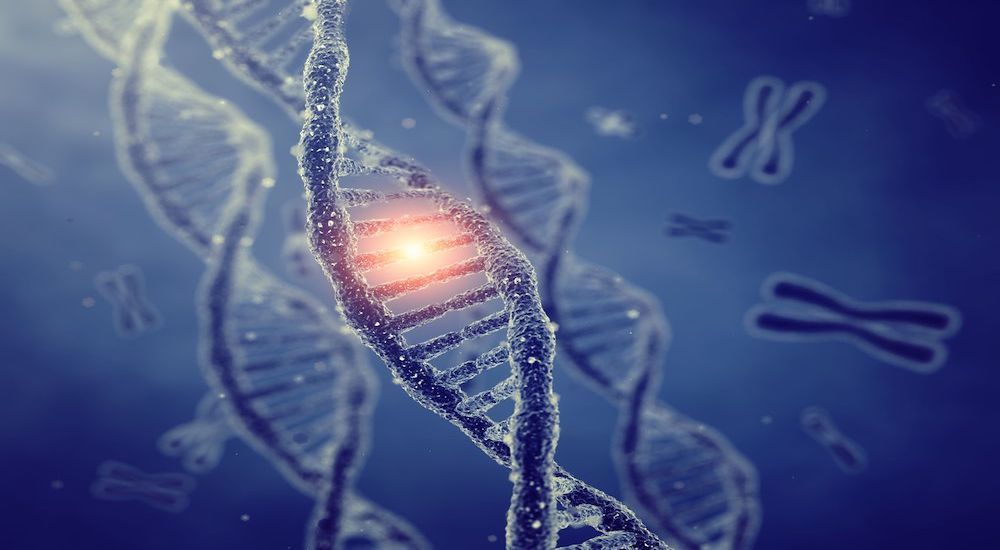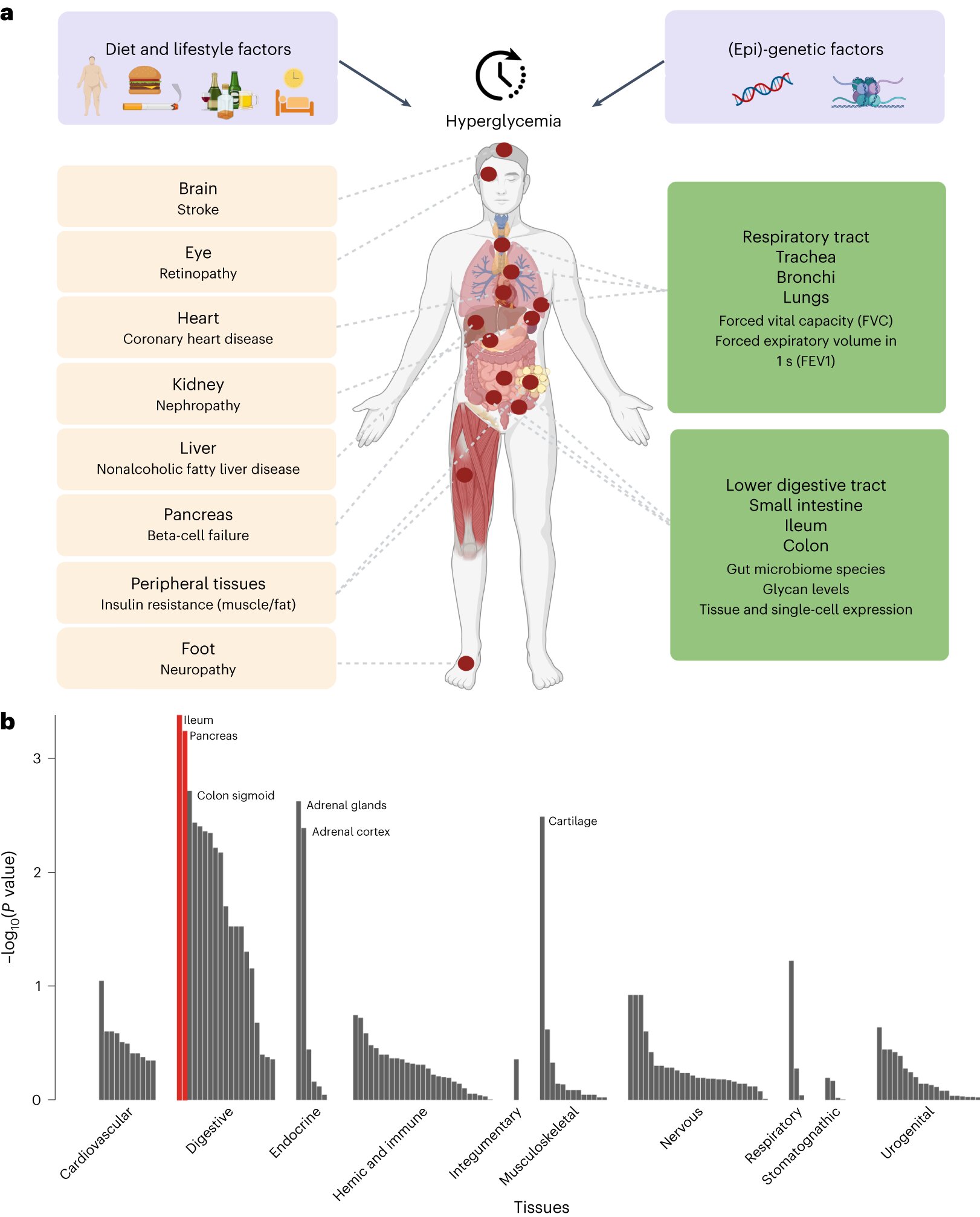According to the World Health Organization, by 2030, more than half of the population will be overweight or obese. Uku Vainik, Associate Professor of Behavioral Genetics at the University of Tartu, has been awarded a First Grant from the European Research Council (ERC) to study how behavior and genetics interact with obesity and to identify new interventions to combat obesity.
Obesity is an incurable genetic disease that affects approximately one billion people worldwide. Due to the health problems associated with obesity, this is a significant additional burden on health care systems and requires rapid and effective solutions.
A wide range of treatments, from behavioral counseling and medication to gastric bypass surgery, have been developed to combat overweight and obesity. However, the intervention has very different results for people struggling with obesity. Some can overcome their weight problem, while others gain extra weight despite their best efforts.
Vainik’s research team is trying to understand what factors can be explained in general about weight loss, whether they have a causal relationship with the success of weight loss, and how weight loss programs can be made more effective by understanding this relationship. In their research, they use machine learning, health data collected from gene banks and a mobile app that supports health behaviors.
Machine learning helps decipher information overload
Almost 200 factors have been proposed in the scientific literature as predictors of weight loss success, including mental, environmental, behavioral and biological factors and those related to quality of life. However, these are too many simulations for one person. Vainik plans to combine these elements in big data using machine learning and reduce the heterogeneity in terms of the same index. For example, in the case of personality traits, self-control, courage, conscientiousness and perseverance may mean the same thing.
Similar factors can be combined in data sets where weight change factors have been measured over time. For example, over the years, genetic donors at the Estonian Biobank have helpfully participated in many studies involving more than 200 weight change factors. Data from studies and clinical trials also provide a history of people’s weight, allowing researchers to match weight changes with factors that may have influenced them. “In Estonia, in the last ten years, a few thousand people have used prescription drugs or surgery to lose weight. However, tens of thousands of people have experienced weight loss or gain without a doctor’s guidance. Data from a recent personal study and Social and study The mental health biobank will allow us to combine information on physical health and mental health with personality data, and look for potential behavioral factors that may affect weight change,” explains Vainik.
Causal links between weight change and its predictors
The relationships identified are tested against data from Germany, the UK and Sweden to find similar characteristics. The goal is to create a questionnaire to identify bottlenecks in weight loss. It should include a wide range of potential factors associated with psychological well-measured weight change.
In addition, data from the Estonian Biobank will help to identify causal relationships between predictors of weight change and weight change itself. Genetic information enables us to identify which factors mentioned in the questionnaire influence weight loss. “People differ in their genetic probabilities of having a high or low conscience or a fast or slow eating speed. This genetic load has been randomly integrated into the genome of our parents, so the human genome mimics the natural experiment. In this way, we can see whether the genetic probability obtained to be more conscientious or to eat quickly also prevents the possibility of weight change in later success. This will help us to recognize factors that may be more effective in the causal factor of the weight change,” explained Vainik.
Weight loss programs created in partnership with the private sector will be used to ensure these are effective. Users of the programs will help ensure that genetically tested weight loss regimens actually work.
The project starts in 2024, lasts five years and is funded by the European Research Council with 1.5 million. Researchers from the Center for Psychiatry and the Center for Genomics of the University of Tartu are involved in the project.
#European #research #grant #helping #map #behavioral #weight #change #genetic #lottery





